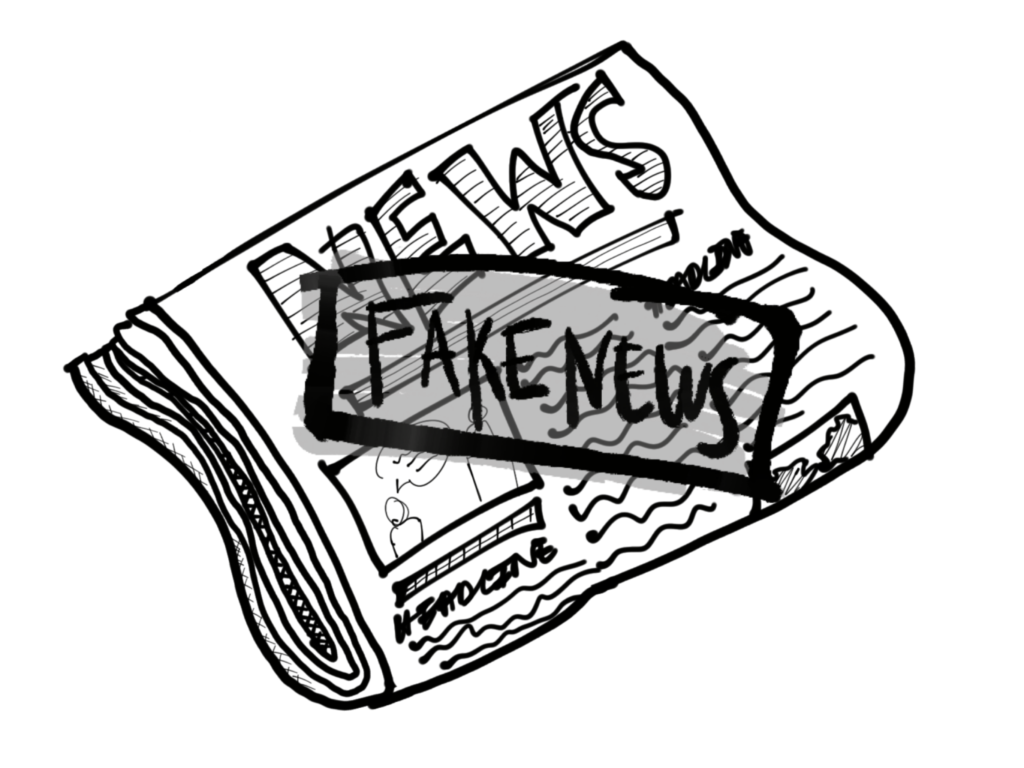
Journalist Steve Riley once said, “If we go, who will know?” Journalism is one of the most important professions, especially today. The current political environment has created a war on journalism. If this pattern continues, there may be no more respect for journalists, completely destroying the integrity of their profession. Without reporters to be the watchdog of politicians, corruption will increase. The people won’t know what is truly going on.While today’s political environment provides for an active, 24-hour news cycle, the constant use of wrongly discrediting entire newspapers, magazines, and news organizations have an overall adverse effect on the lives of journalists and the profession as a whole through violence, viewpoint, and vocation.
The current state of the American government is one that the media has always followed very closely. While journalism has always been critical of society, it is necessary now more than ever. It is well known that President Trump and other government officials closely associated with him have a very tense relationship with the press. This strained relationship has led to a negative view of the media, which goes so far as officials, including the President, calling them “enemies of the people” or “fake news.” Journalists of today have to stick together to survive the anti-journalistic political climate, and Americans have to stick up for the journalists.
Journalists’ jobs are to ask the hard questions persistently, even when faced with obstacles. While certain areas of journalism have always been dangerous, more journalists are being stopped at the border, arrested, attacked, and even killed. In 2018, U.S. Representative Greg Gianforte from Montana pleaded guilty to a misdemeanor assault on Ben Jacobs, a reporter for The Guardian. According to NBC News, Gianforte body-slammed Jacobs after he asked a question about Gianforte’s health care policy. Once word spread about what happened, President Trump praised the violent behavior of the Congressman and said, “He’s my guy.” The attack on independent journalists themselves is threatening free media.
Today’s polarized political climate does not help the stigma against journalism. Viewers can sense bias in the news they watch. With such an opinionated environment, it is hard not to have any bias. When the news contains bias, it can influence how the citizens think. If someone does not know they are watching biased news, they could be getting one side of the story rather than having an open mind and seeing things from all sides. Media outlets also tend to be biased in the news they choose to cover. Stations want to cover the more sensationalized news rather than the factual one because more ratings lead to more money, and the bigger the story the more ratings.
Interest in the profession has also taken a fall as fewer and fewer people want to pursue a career in journalism, threatening the future of the journalism field. Whether it is jobs or just the typical form of media, today’s environment is completely changing journalism. With online news, people can get their stories anytime, anywhere, and for free, which has led to a struggle for newspapers and television news networks. Newspapers are taking the brunt of it. Many companies have had to fire employees, downsize, and even shut down. More people are talking about the news than there are people reporting and analyzing it. The violence and viewership issues are not helping the decline either. With the growth of the Internet and the reduction in jobs and candidates, the future of journalism itself is endangered.
Throughout history, the relationship between the media and government has often been strained, but why should that continue? We need to fix this problem. The future of journalism is crucial to American society, especially if the political atmosphere does not change. “Fake news” will eventually become the only news we have.
